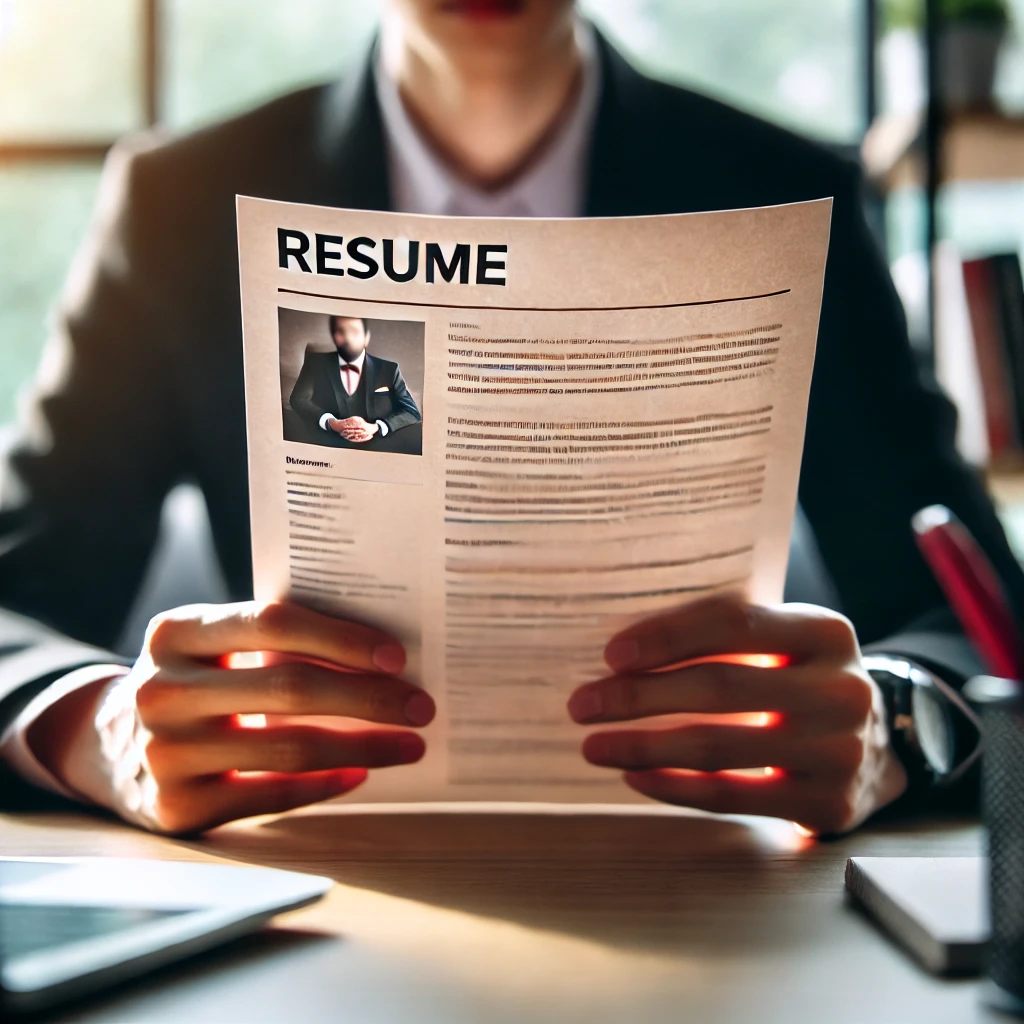Hiring is expensive, but hiring the wrong person? That’s a financial disaster waiting to happen.
We’ve all been there—investing weeks (sometimes months) into finding “the right candidate,” only to realize a few months down the line that they weren’t the right fit after all. And the cost? Not just financial, but time, energy, and team morale.
How many bad hires can you afford before your business feels the impact?
The truth is, every bad hire drains your resources. Recruiting, training, salary—it all adds up. And let’s not forget the indirect costs like decreased productivity, high turnover rates, and the constant need to rebuild team cohesion. These hidden expenses chip away at your bottom line, far more than you might think.
Why Bad Hires Happen:
Bad hires often occur when hiring managers prioritize technical skills and experience over cultural fit and passion. In today’s competitive market, it’s easy to fall into the trap of focusing solely on résumés and overlooking the human factor. This leads to candidates who can do the job on paper, but not excel in your unique environment.
The True Cost of a Bad Hire:
The price tag for a wrong hire isn’t just their salary—it’s the entire investment:
- Recruitment & Onboarding: Time spent in interviews, background checks, and training.
- Lost Productivity: While you’re dealing with the bad hire, your team is operating below capacity.
- Damaged Morale: One underperforming employee can bring down the mood and performance of an entire team.
- Turnover Costs: When a bad hire leaves (or is let go), the cycle starts all over again—new job ads, fresh interviews, more lost time.
According to research, a bad hire can cost up to 30% of their first-year salary. Multiply that by every bad hire, and you’re throwing away serious cash.
How to Avoid Bad Hires:
To avoid making this expensive mistake, shift your focus from just skills to drive, adaptability, and cultural fit. Consider the following:
- Behavioral Interviews: Ask candidates how they’ve handled challenges or adapted to new environments.
- Trial Periods: If possible, start with a contract or probationary period to evaluate their fit before committing fully.
- Look Beyond the Résumé: Don’t just hire for qualifications—hire for potential. People with passion and the willingness to learn will often outshine those with more technical skills but less enthusiasm.
The Right Hire is an Investment, Not an Expense:
Hiring the right person doesn’t just fill a role; it improves your business. Great hires drive innovation, enhance productivity, and contribute to a healthy work culture. The right person can multiply your team’s efficiency and take your business to the next level.
Ready to stop wasting money on bad hires? Let’s get it right the first time.
At Nonstop Talent, we focus on finding the right talent for your business—those who are driven, adaptable, and passionate about growth. Don’t risk your company’s future on bad hires. Book a free consultation today and let’s talk about how we can help you hire smarter, not harder.


